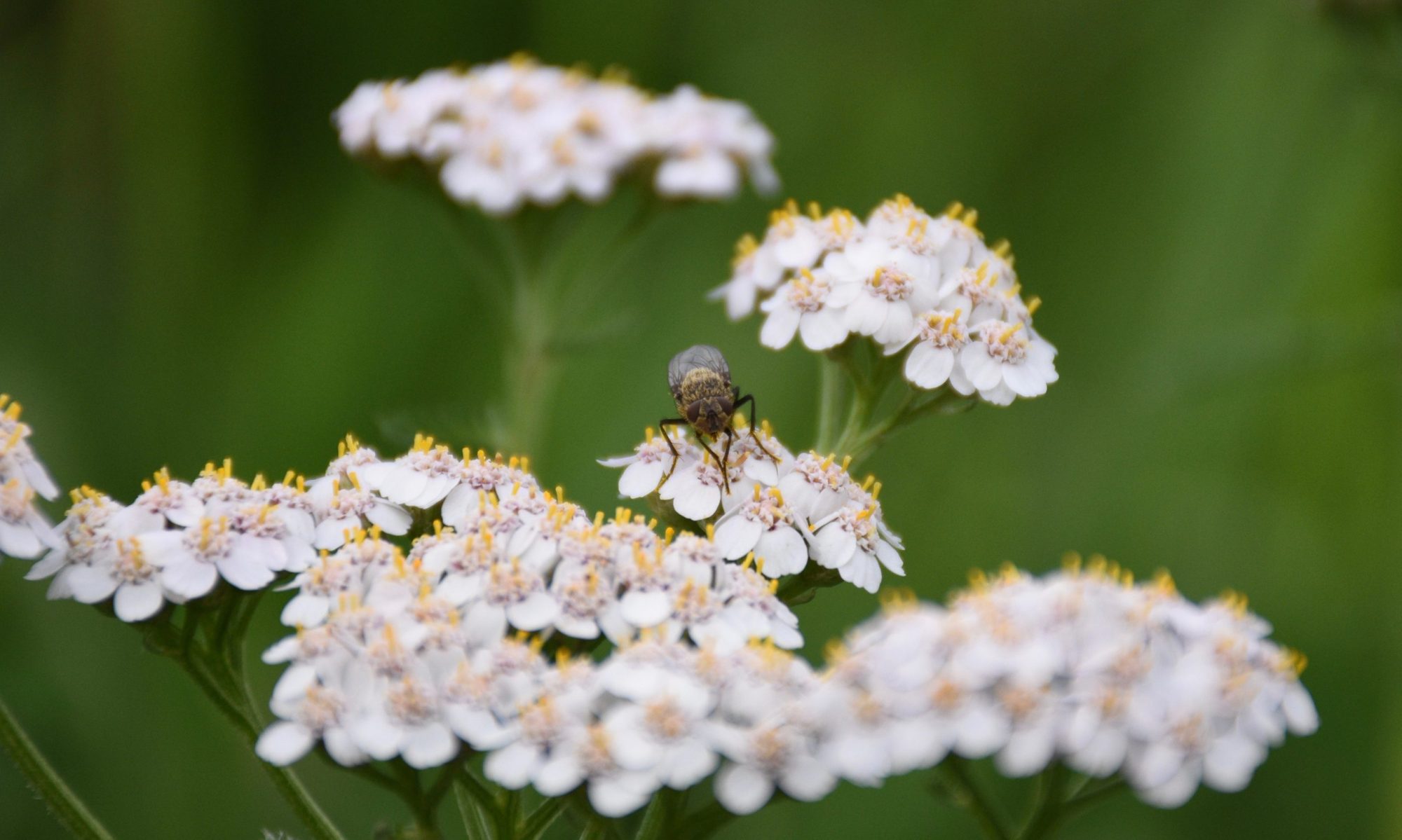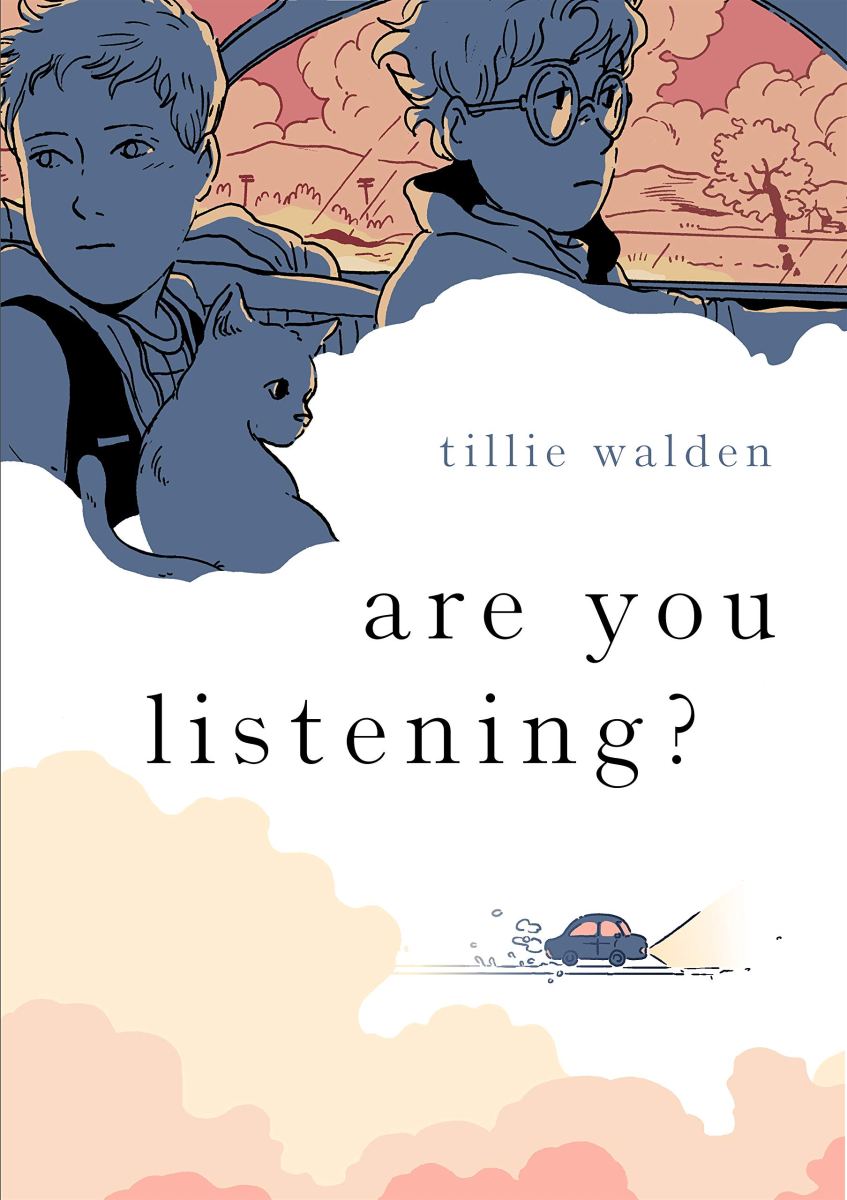The concept is simple: two girls on a road trip across Texas on a quest to return a lost magical cat. Yet, Are You Listening? by Tillie Walden has managed to create much more: a phenomenal narrative that lies under the surface to tell a complex story of human connection — beautifully wrapped in Walden’s exceptional illustrative skills.
Continue reading ““Are You Listening?” Final Essay”Thinking: Working Digitally Verus By Hand
Working digitally has been a recent and hot trend for many artists, whether they are seasoned creators or just newly introduced to the world of art. Each method not only produces different results but also different processes.
One key difference between working by hand and digitally is the amount of time and effort spent before starting the creation of the work.
Continue reading “Thinking: Working Digitally Verus By Hand”“Are You Listening?” Notes
Main Ideas notes for my essay about Are You Listening? by Tillie Walden.
Continue reading ““Are You Listening?” Notes”Final Project: Graphic Novel Essay
For my final project, I want to do an essay about Are you listening? by Tillie Walden. It is about two girls who are running away from their own separate past traumas. Combine it with a surreal road trip, a magical cat, and West Texas, and you have the premise of the book.
Even though the story and plot can be very confusing at times with twists and turns in their journey that may not make sense at first glance, it is important to note that the main theme of the book is human connection.
I first fell in love with the book with the amazing art style and colours, but as I reread parts and looked back at scenes, I am certain that the book’s plot is irrelevant to the story and that the main focus should be on the two characters. Almost nothing is known about them as individuals but the way they interact and develop a relationship from strangers to friends is worth delving into and looking further.
Continue reading “Final Project: Graphic Novel Essay”Decolonizing Idea: Language Revitalization
The Beginning
In this project to teach/inform Canadians about an aspect of reconciliation, Alba, Tina, and I decided to tackle the topic of language revitalization. Since Indigenous languages are not well known especially in young children, we wanted to introduce an Indigenous language to school children through an interactive format. The design piece we created were cards, a board game, and an app to teach elementary school children, both Indigenous or non-Indigenous, about Squamish vocabulary.
Continue reading “Decolonizing Idea: Language Revitalization”Decolonization: Indigenous Sign Languages
Language is an important part of a culture and in the Indigenous groups of Canada, language can often be a link to traditions. However, many Indigenous languages are becoming extinct as fewer people are able to communicate with these languages. An important part of Indigenous languages that are often overlooked is Indigenous Sign Language.
In Canada, the three main sign languages are Plains Sign Language, Plateau Sign Language and Inuit Sign Language. Sign Language in Indigenous culture was created by Deaf Indigenous people but it is not necessarily for deaf people. People with full hearing capabilities also used sign language to visually narrate their discussion or to communicate during hunting.
The endangerment of Indigenous Sign Language is similar to the loss of Indigenous spoken languages. The number of people who can communicate with Indigenous sign languages is difficult to ascertain but it is speculated that a few community members in the Plains know Plains Sign Language while Plateau Sign Language is only partially known by a couple of elders. Inuit Sign Language is known by about 80 hearing individuals and 40 Deaf Inuit, but a similar issue in disappearing Indigenous spoken languages is still present. Indigenous Sign Language provides deaf First Nations individuals with a chance to participate in their community and connect with their Indigenous spoken language, but that chance can become null if Indigenous Sign Languages do become extinct.
For my project, I would like to promote the revitalization of Indigenous Sign Languages to all Canadians. Many deaf Indigenous people today use ASL (American Sign Language) or QSL (Quebec Sign Language) as the resources for learning Indigenous Sign Languages are often underfunded and not available because of colonization where people were not allowed to use their language. Revitalizing Indigenous Sign Languages is another piece of tradition and culture that people should be aware of when working towards Truth and Reconciliation.
_
Research Links:
- https://www.thecanadianencyclopedia.ca/en/article/aboriginal-people-languages
- https://www.ucalgary.ca/dflynn/sign
- https://thetyee.ca/News/2018/09/13/Fighting-Save-Indigenous-Sign-Languages/
- https://thetyee.ca/News/2018/08/27/Secrets-Indigenous-Hand-Talkers/

